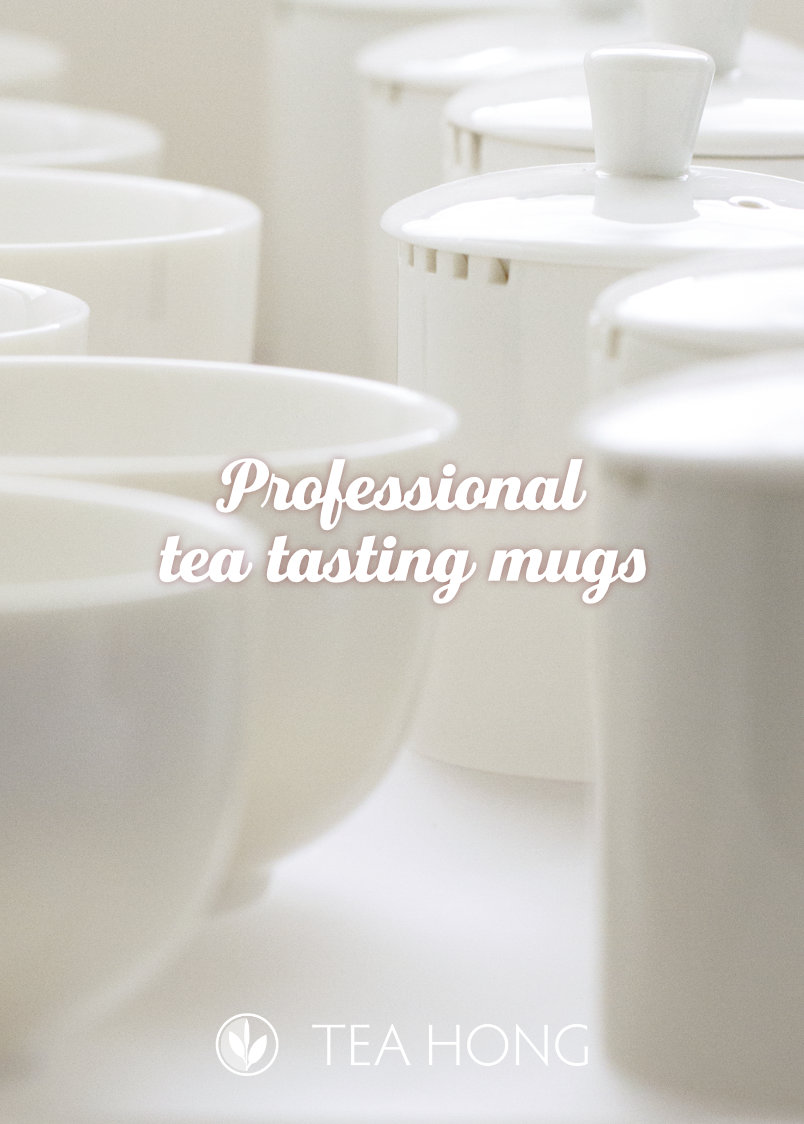The True Chinese “Tea Ceremony”

In Emperor Hui Zong’s own interpretation, tea is a drink being served, such as in this tea party with he himself in it. Tea is to be prepared on the side by the servants. There is no tea ceremony. As has been reflected by all the other paintings and writings throughout China’s history. Painting: Wen Hui Tu ( Gathering of the Literates ), detail. Ink and pigment on silk 124cm x 184cm. Artist: Zou Ji ( Emperor Hui Zong of Song Dynasty ), active 1082-1135 A.D. Collection at the National Palace Museum, Taiwan
The Meaning of Offering Tea in a Ceremony
Amidst the loud tunes and vulgar colours of Chinese celebrations, be it New Year, weddings or birthday banquets, so there is the tranquility and modesty of tea, the constant reminder of the wisdom of life beyond the ceremonies, as the banality of tea itself takes the center stage, albeit a brief moment.
The Most Important things in Life Comes in Ordinary Ways
Much as the subtlety in fine tea, the most important things in life come to us in ordinary ways but with touches that one needs to be alert enough to be conscious of, and to appreciate. Tea appears misleadingly simple as dried leaves, and a clear easy beverage that one can drink throughout the day. It had been the default liquid intake for China for at least a millennium.
To construct a ritualistic position of the ordinary item as the carrier of the key message in a ceremony therefore signifies the humility of both the giver and the taker: that the most ordinary is the best we have — it is the message that is the important, not the carrier. That is why the popular traditional saying — I travelled a thousand miles to bring you the gift of a goose feather; light it is but it bears the weight of my feelings for you (qian li song er mao, wu qing qing yi zhong) (2).

Competition in the Tea Market (detail), by Liu Songnian, around 1190 A.D., Southern Song Dynasty, China. The picture depicts tea vendors in a competition for the highest quality tea. Demand for quality and tea preparation techniques were so prevalent in daily life that tea competition was popular not only in the tea trade, but also amongst the folks, the literati, the privileged and the imperial court. This had profound influence on the evolution of tea quality and tea consumption habits. Demand for the best available quality by those who can afford them is still a living heritage in Chinese societies.
This picture also illustrates teamaking using grounded green tea tealeaves and how tea was consumed at that time. The spontaneity continued in the Chinese culture but the same materials, including the tea ware, the grounded tea leaf form, and the tea making method, have evolved in Japan to become the much disciplined tea ceremony with emphasize on ritualistic qualities.
Tea as the Ideal Gift
In the olden days, it was therefore a distasteful, if not vulgar, act to give the gift of luxurious and materialistic items amongst scholars and officials who would liked to be considered as uncorrupted. Tea was thus not only a key ceremonially served drink but also a most popular gift. To appreciate a gift of such a humble nature and yet the most subtle fineness demands the ability to understand quality by both the giver and the taker. The very acts of examination of tea quality have thus become part of the appreciation ritual. This will be covered in another article.
Tradition destroyed, Vulgarity Rules
(Bad money drives out good?)
Thereby, the humble act of tea offering acquires a lofty air of the cultured ability of appreciation. This aspiration for the learned has a deep root in the tradition: the respect for knowledge throughout all walks of life and classes in the social structure. The central figure of Confucianism Confucius himself was neither rich nor powerful
In the deafening gongs and trumpets, blinding reds and golds of Chinese celebrations, the aspiration of a people is sublimated into a small cup of a quiet drink in the hand, a constant reminder of what is really valuable amongst the extravagance of rare dishes, expensive dresses and glitzy body ornaments. This was, however, the past.
The clever modern people always have better ideas. Tea is too undramatic so it should be pushed aside. Gold plated dragons and shark fin soup thus go unrestrained without the humbling reminder hidden in proper tea offering. People are more willing to pay more money for a bottled water than a cup of much higher value traditional quality tea. The former has much larger marketing budget to ensure people continue to do that.

Tea in China has a totally different history than that in Japan. Tea ceremony has never existed until it is constructed in recent years and the history of tea re-appropriated to suit the marketing needs of some. The term tea ceremony in China has been reduced to cheap sales gimmicks.
In Mainland China, tea itself has been so altered according to the desire of the nova riche that the names are now crowned with characters for “emperors” or “kings”, the preparation process itself has become an artificial performance conducted by showgirls in imitation glossy silk costumes. This is not Chinese tea ceremony, but only vulgarity on display. It has nothing to do with the grand tradition or its wisdom.
The spirit of tea offering is a living one
In your next celebration, be it Chinese New Year or Thanksgiving or your own birthday, try to offer tea nicely and respectfully to your seniors as if it were a precious item, but treasure instead the moment of the offering. See it for yourself the magic it may bring on the face of your folks. It really does not matter if you are Chinese or Japanese, Italian or Moroccan, Russian or American… the idea is to deliver a message of gratitude, respect and love. And if you are Chinese and getting married, do get down on your knees to tell them how you are thankful for having been their child on this day when you are to begin a new phase of your life.
Now over 30 years after she offered tea to her in-laws and parents as a bride, in Chinese New Year or on her birthday, Beth, my high school friend, would be looking forward to receive a cup of sweetened tea from her grand-daughter.










